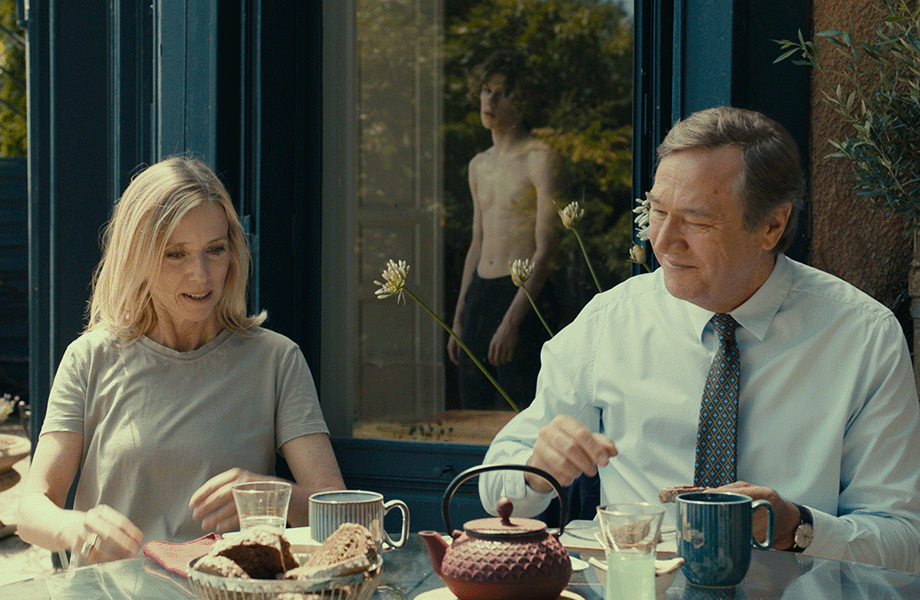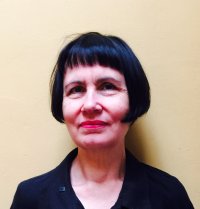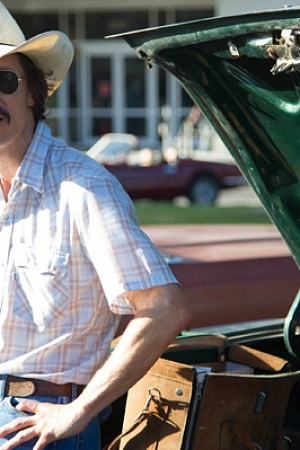Last Summer

Catherine Breillat’s Last Summer is a remake of a 2019 Danish film called Queen of Hearts, May el-Toukhy’s feature about a woman who embarks on a sexual relationship with her teenage stepson. This adaptation follows the original closely, down to specific scenes and lines of dialogue. Yet it is a Breillat work in every conceivable way, a challenging, sometimes ecstatic engagement with desire, sex, shame, and power that manages to be strikingly different in tone, emphasis, and conclusion from its source.
Continue reading for only $10 per month. Subscribe and gain full access to Australian Book Review. Already a subscriber? Sign in. If you need assistance, feel free to contact us.











Leave a comment
If you are an ABR subscriber, you will need to sign in to post a comment.
If you have forgotten your sign in details, or if you receive an error message when trying to submit your comment, please email your comment (and the name of the article to which it relates) to ABR Comments. We will review your comment and, subject to approval, we will post it under your name.
Please note that all comments must be approved by ABR and comply with our Terms & Conditions.